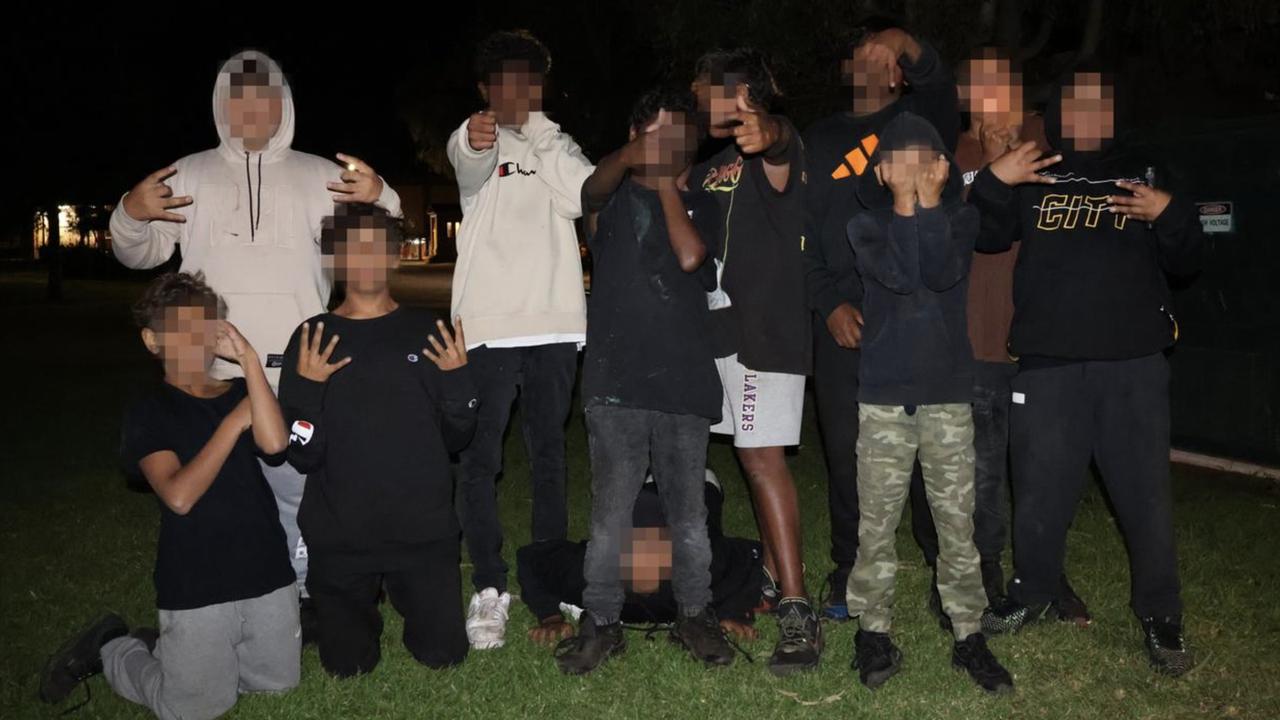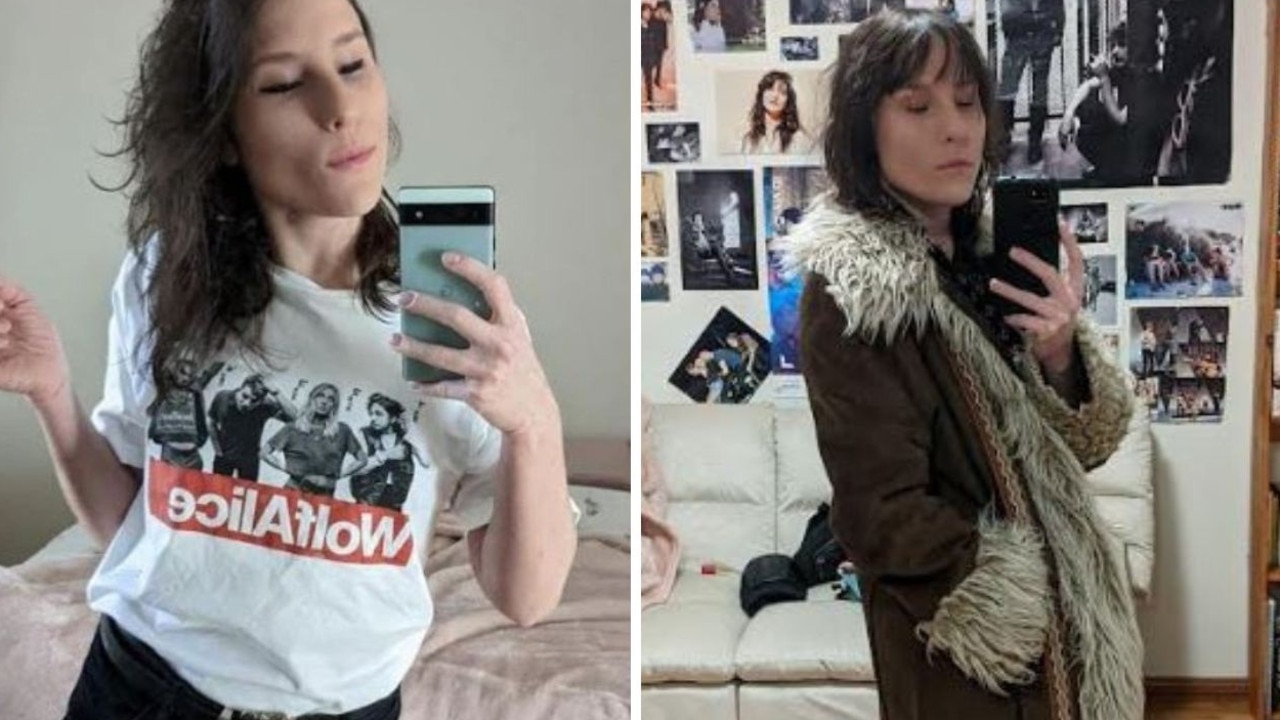‘They don’t accept us’: Sydney students say leaving North Korea was just the start
SHE had only one option: Run. So, under the cover of darkness, Gloria* fled from one of the most brutal regimes on the planet.
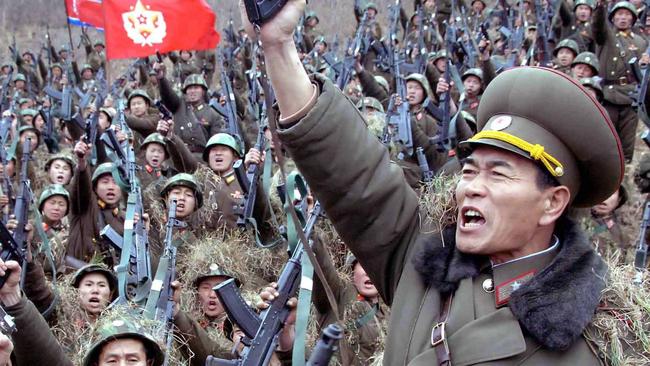
DRESSED in jeans and sweatshirts, they look like any other Australian university students, but Jenny* and Gloria* have had a most unusual journey to the Sydney classroom where we meet.
They grew up in the highly traditional world of North Korea, under the subtle control of a repressive government. Now they have escaped, they are part of a whole new world, but must continue to conceal their identities to protect the relatives they left behind.
“My family don’t know I’m here,” Gloria, 26, told news.com.au. “I didn’t tell them. They’re still in North Korea, but if they knew, they might go to jail.”
Gloria’s mother is one of many North Korean women involved in a shadowy fledgling economy springing up as people open secret businesses in order to survive. She exported health foods to China. She had an illegal mobile phone to help her conduct overseas transactions, and sourced contraband Hollywood movies for the family.
But things went wrong for the family, and Gloria realised her only option was to take flight.
“I couldn’t stay in that situation I was in,” said Gloria. “It’s a long story. My family had problems, especially with money. That’s it, I don't want to say too much.”
Without telling anyone, she arranged with a friend in China to flee there under the cover of night. She has blocked out much of the experience. “It was so traumatic and scary, I can hardly remember,” she explained. “Some military guards helped us, I didn’t pay any money.”
From China, she travelled to South Korea to start a new life.
Jenny, 23, fled the country by the same route three years ago with her immediate family, because her father was in danger. “It was very scary,” she told news.com.au of their unbearably tense escape in a car by night. “I don’t want to remember.
“My father is intelligent, he studied things in North Korea, it’s not good for the government. My family background is not good for the government.
“We paid some money to a broker. It used to be over $2000 per person, but now it’s different, probably more expensive.”
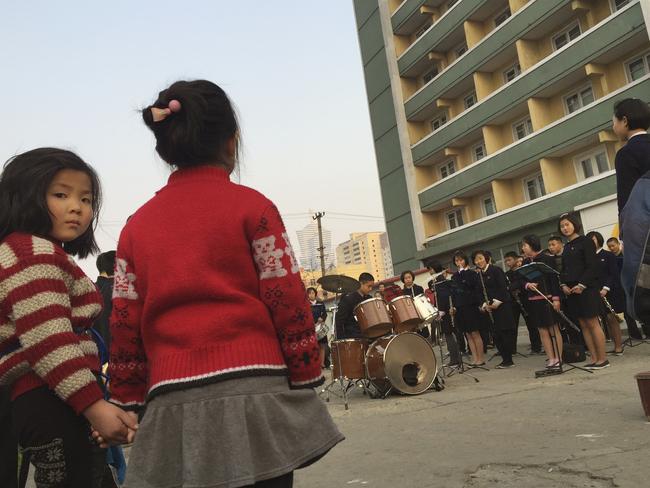
A NEW LIFE IN SOUTH KOREA
In South Korea, however, both young women found their problems were far from over.
“Most [South Koreans] don’t like us,” said Jenny. “Because we came from North Korea, I feel there’s a bias. People don’t treat us the same.
“It’s good and bad. I feel homesick but now I can make decisions, choices, before I had to follow the rules.”
When Gloria was accepted into university in South Korea, she said she was “excited” to see the differences from her home life, and to decide for herself what subjects she studied. But it wasn’t that straightforward. “I’d never tried the things you have to do at university, such as discussion and presentation. I had to learn communication skills.”
She wasn’t used to writing essays, and hardest of all was trying to catch up with the advanced English her South Korean peers could write and speak.
Perhaps the most distressing realisation was that her own countrymen didn’t see her as an equal. “South Koreans don’t accept us as the same. We have a bit of pressure because we’re different. In South Korea, your background is very important, where you came from, people judge you by it.
“In Australia, more people respect us. It doesn’t matter what sort of background you have.”
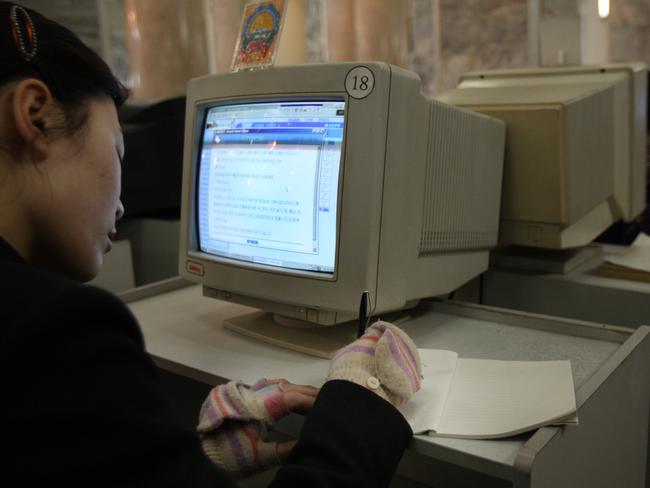
THE WESTERN WORLD
The young women were the first recipients of a pilot scholarship for North Koreans living in South Korea to study English at University of Technology Sydney (UTS). The program, officially launched yesterday, will now be offered to five students annually. It will cover their travel to and from South Korea, living expenses, tuition fees and accommodation for 30 weeks — a package worth $38,000 per student.
Gloria and Jenny hope improving their English and meeting Australians will open new doors for them.
Emma Campbell, former ANU visiting fellow and author of South Korea’s New Nationalism: The End of “One Korea”?, said their experience of isolation in the south of their country is an increasingly common story.
“Globalisation and neoliberalisation in South Korea has made life so tough for young people, studying, finding a job. Unification is seen as a risk.
“On top of that, they’re so cosmopolitan and sophisticated, studying English overseas, they feel much closer to someone from America than someone from North Korea.
“There used to be this myth of ethnic unity of Korea but this shows it feels like a different country. South Koreans are not interested in being associated with that.”
With their K-Pop music scene a global phenomenon and their lives as fast-paced and modern as a New Yorker’s, one half of this country has little desire to help the other.
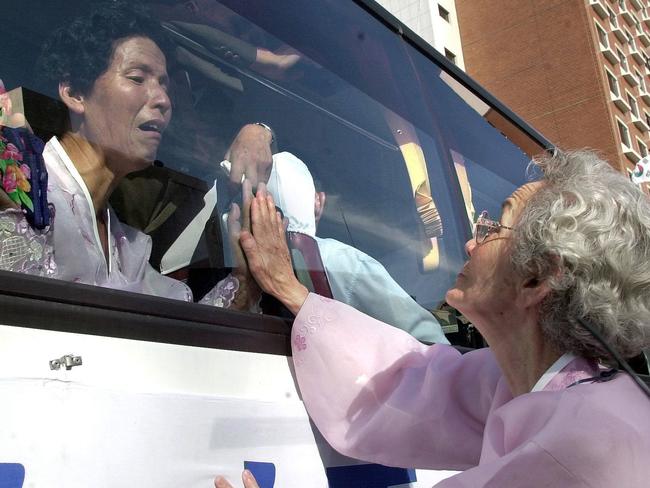
MISSING HOME
Bronwen Dalton, a senior lecturer at UTS business school, told news.com.au that 70 per cent of all defectors are female, many with more troubling stories than these two students.
“Women often get married to Chinese farmers or other harrowing scenarios, but they can get out,” said Dr Dalton.
“The research shows they’ve been working as sex workers in China or sold as brides. Then they make their way to South Korea.”
For Gloria, her former life seems like a dream now. She is unlikely to ever be able to return to North Korea, and cannot contact her family or anyone she used to know.
The old Gloria dressed in traditional, feminine clothing, ate simple Korean food and spent her leisure time playing skipping rope and exercising with her classmates.
At high school, she studied traditional subjects, including Korean, maths, painting, music and a carefully edited version of history. They had two or three computers in a school of 300, “for the smart kids.”
During PE lessons, students took it in turns to hit a dummy dressed as a US soldier. At the time, she believed Americans were bad people. Now she hopes to go there and study.
“In North Korea, our lives are controlled by the government. We couldn’t say anything about [Kim Jong-un].
“If we mention anything, I might have to go to jail or be killed by the government.”
Now she is gradually learning to assimilate with the rest of the world. But she sounds like any young woman when asked what she misses most about North Korea. “My friends.”
*Names changed to protect idenitities.

